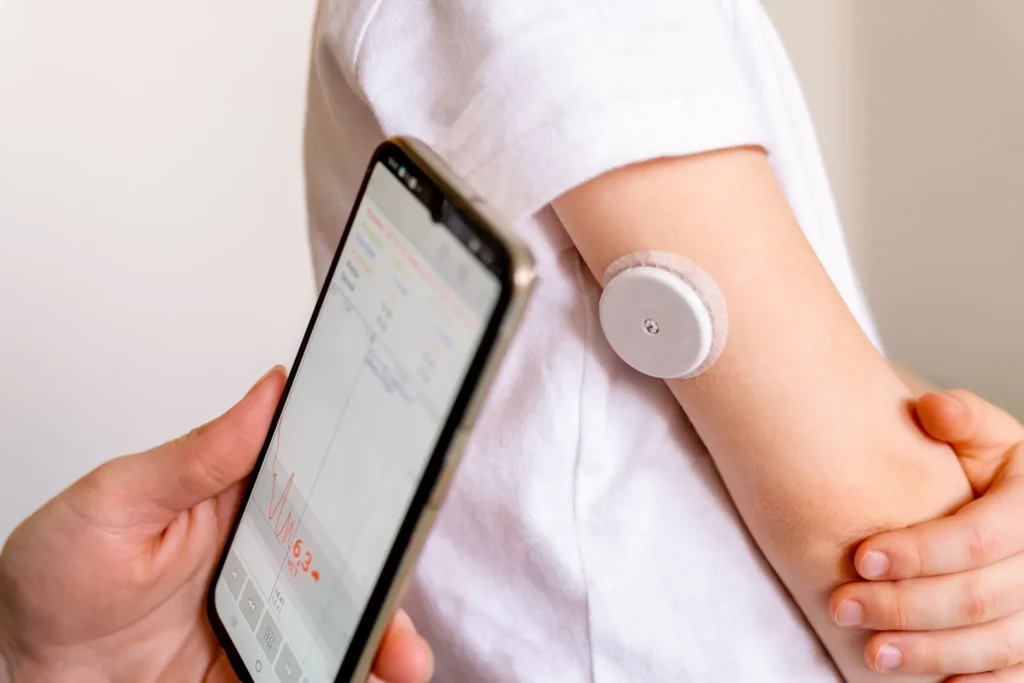Introduction
Managing your glucose levels is crucial for maintaining good health, especially if you have diabetes. High blood sugar levels can lead to serious complications, such as heart disease, kidney damage, and nerve damage. By implementing some simple strategies, you can effectively manage your glucose levels and improve your overall well-being.
1. Monitor Your Blood Sugar Levels Regularly
One of the most important strategies for managing your glucose levels is to monitor your blood sugar levels regularly. This will help you understand how your body responds to different foods, activities, and medications. By keeping track of your blood sugar levels, you can make informed decisions about your diet and lifestyle choices.
2. Follow a Healthy Diet
Eating a healthy diet is essential for managing your glucose levels. Focus on eating whole foods that are rich in nutrients, such as fruits, vegetables, whole grains, and lean proteins. Avoid processed foods, sugary beverages, and foods high in saturated fats. Instead, opt for foods that are low in carbohydrates and high in fiber, as these can help stabilize your blood sugar levels.
3. Stay Active
Regular physical activity is another key strategy for managing your glucose levels. Exercise helps your body use insulin more effectively, which can lower your blood sugar levels. Aim for at least 30 minutes of moderate-intensity exercise most days of the week. This can include activities such as walking, jogging, swimming, or cycling.
4. Get Plenty of Sleep
Getting enough sleep is important for managing your glucose levels. Poor sleep can lead to insulin resistance, which can cause your blood sugar levels to rise. Aim for 7-9 hours of quality sleep each night. Establish a bedtime routine and create a relaxing sleep environment to help improve your sleep quality.
5. Manage Stress
Chronic stress can have a negative impact on your glucose levels. Stress hormones can cause your blood sugar levels to spike, making it harder to manage your diabetes. Practice stress-reducing techniques such as deep breathing, meditation, yoga, or spending time in nature. Find activities that help you relax and unwind to keep your stress levels in check.
6. Take Medications as Prescribed
If you have diabetes, it’s important to take your medications as prescribed by your healthcare provider. This can help regulate your blood sugar levels and prevent complications associated with high blood sugar. Make sure to follow your healthcare provider’s instructions and attend regular check-ups to monitor your progress.
7. Stay Hydrated
Drinking plenty of water is essential for managing your glucose levels. Dehydration can cause your blood sugar levels to rise, so it’s important to stay hydrated throughout the day. Aim to drink at least 8-10 cups of water daily, and limit your intake of sugary beverages and caffeinated drinks.
8. Keep a Food Diary
Keeping a food diary can help you track your eating habits and identify patterns that may be affecting your blood sugar levels. Write down everything you eat and drink throughout the day, along with your blood sugar readings. This can help you pinpoint foods that cause your blood sugar to spike and make adjustments to your diet accordingly.
Conclusion
Managing your glucose levels is essential for maintaining good health, especially if you have diabetes. By implementing simple strategies such as monitoring your blood sugar levels, following a healthy diet, staying active, getting enough sleep, managing stress, taking medications as prescribed, staying hydrated, and keeping a food diary, you can effectively manage your glucose levels and improve your overall well-being. Remember to consult with your healthcare provider for personalized recommendations and guidance on managing your diabetes.


